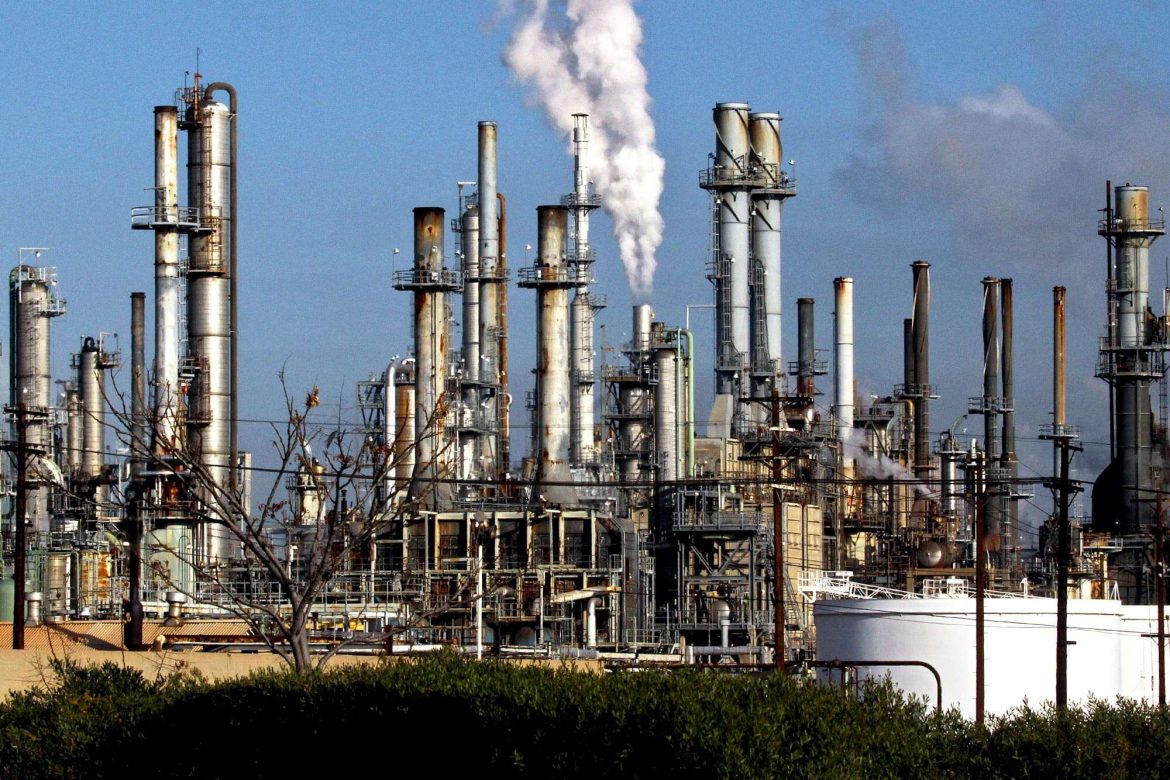A program aimed at cleaning the environment by forcing companies to pay for how much carbon dioxide they release into the atmosphere have been launched in the US state of Washington.
Under the Washington’s new law known as the Climate Commitment Act, which now puts the state alongside 14 others that have implemented some form of a program that sets declining caps on emissions from companies, businesses that emit over 25,000 metric tons of carbon annually are required to pay for each metric ton in total. . Washington’s cap-and-invest program most closely reflects California’s cap-and-trade program, which began in 2013.
Many major companies with manufacturing plants and refineries in Washington, including BP, Tyson and Boeing, exceed this threshold, as do the state’s energy companies, under the program that is estimated to bring in $1 billion annually, with most of that money earmarked for environmental-related programs.
Read also: Climate activists demand removal of wind turbines from reindeer pastures
“A cap-and-trade program is a way of giving everyone incentive to take the damage of CO2 into account. We take the money that we earn from protecting the atmosphere and plow it right back into the economy,” said Bill Shobe, a professor of public policy at the University of Virginia.
The cap-and-invest program works by creating a limited number of state-issued carbon permits to be auctioned four times a year to companies that exceed the 25,000 metric ton threshold. The number of permits available at auctions will decrease every year, lowering the cap for overall emissions in the state.
Companies that choose not to comply will be fined $50,000 per violation, per day and companies that meet the criteria have until Nov. 1, 2024 to have 30% of their total 2023 emissions covered as the state transitions into the program.
Although many companies will need to start paying up this year, a few companies that are grouped as “emissions-intensive, trade-exposed” businesses, will be spared from purchasing the allowances right away to ensure big business such as includes pulp and paper mills, doesn’t exit the state.
The Washington legislation stipulates that 35% of the proceeds will be reinvested into communities disproportionately impacted by pollution and an additional 10% will be funneled to back tribal-supported projects as it adds to some growing momentum for state-based efforts to limit emissions by businesses.
Story was adapted from NBC.
